

Virtual Wellness Fair
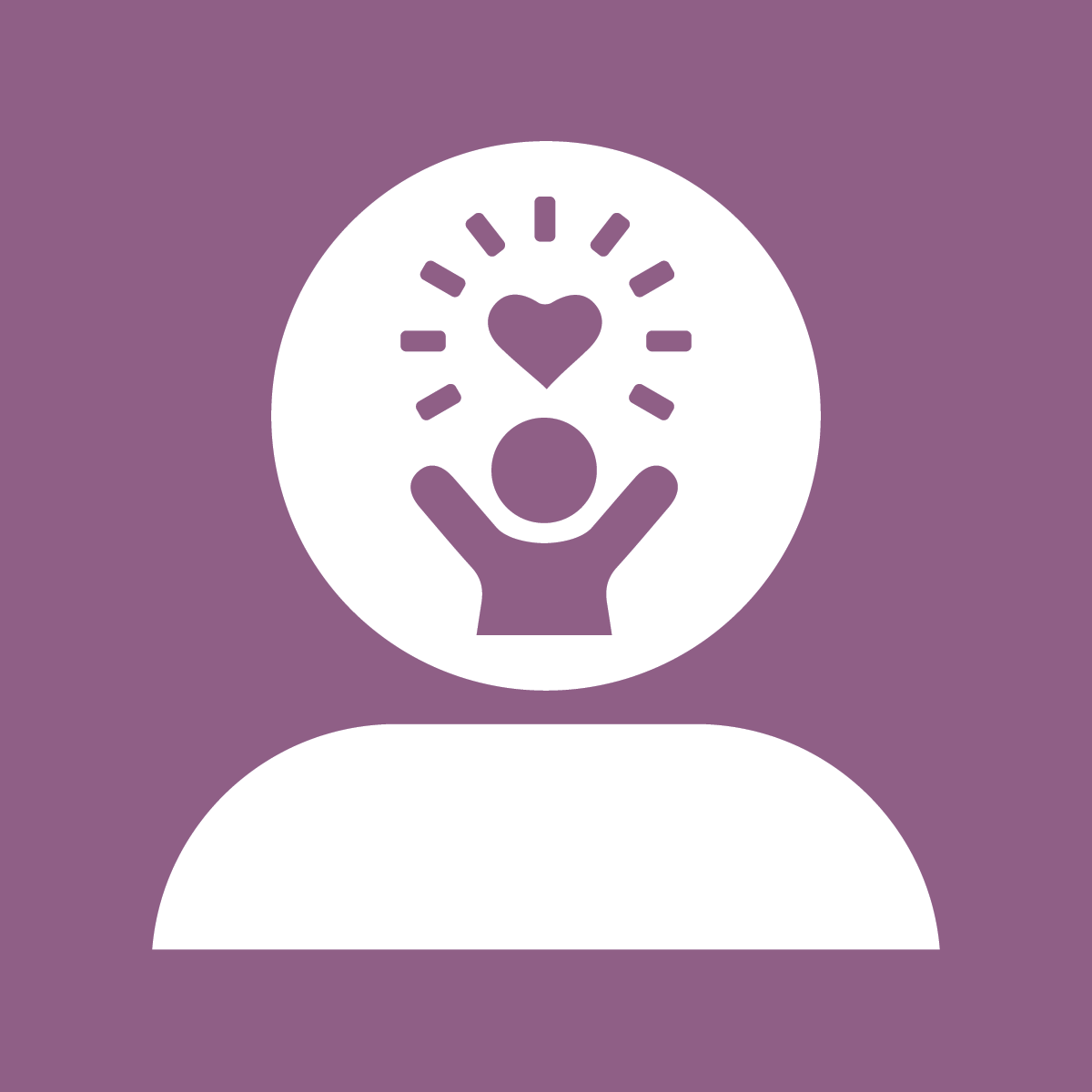
Welcome
Welcome to Powell’s Virtual Wellness Fair!
We are committed to providing you with resources to make informed decisions related to you and your family's health and wellbeing.
We encourage you and your family members to take the time to explore this Virtual Wellness Fair containing valuable information related to Heart Health, Diabetes, Mental Wellbeing and Financial Fitness.
Click on an exhibit hall below


Exhibit Halls
View your benefits
Click on an exhibit hall below


Heart Health
ABCs of Knowing Your Heart Risk
Doctors can look at many known risk factors to estimate, with fairly good accuracy, your odds of a future heart event. The more risks factors you have, and the more severe they are, the higher your heart disease risk.
Learn about the ABC's as related to your heart health here.
Powell Benefit Resources
Alcohol Consumption and Hearth Health
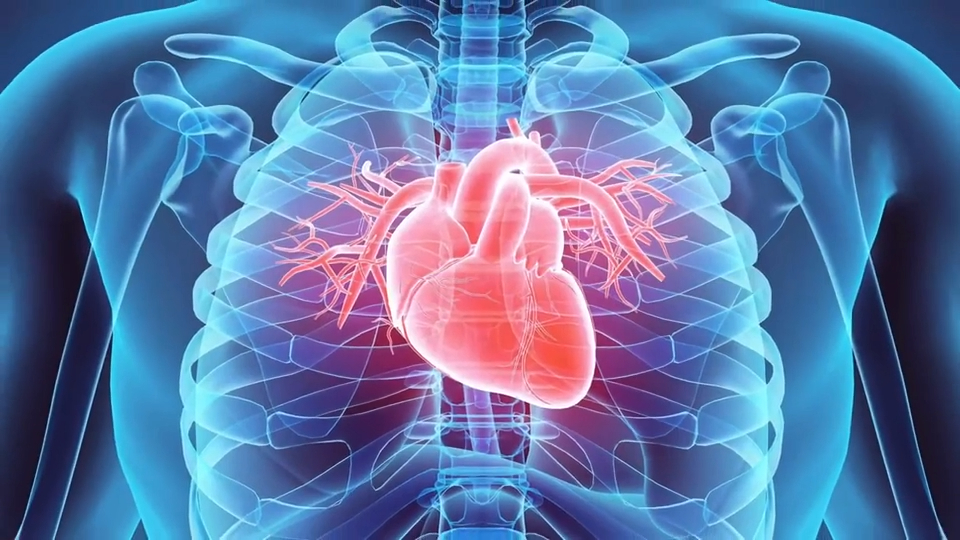
What Women Should Know about Heart Health

Life Line Screening



Diabetes
Diabetes is a disease that occurs when your blood glucose, also called blood sugar, is too high. Blood glucose is your main source of energy and comes from the food you eat. Insulin, a hormone made by the pancreas, helps glucose from food get into your cells to be used for energy. Sometimes your body doesn’t make enough—or any—insulin or doesn’t use insulin well. Glucose then stays in your blood and doesn’t reach your cells.
Over time, having too much glucose in your blood can cause health problems. Although diabetes has no cure, you can take steps to manage your diabetes and stay healthy.
Powell Benefit Resources
Diabetes 101
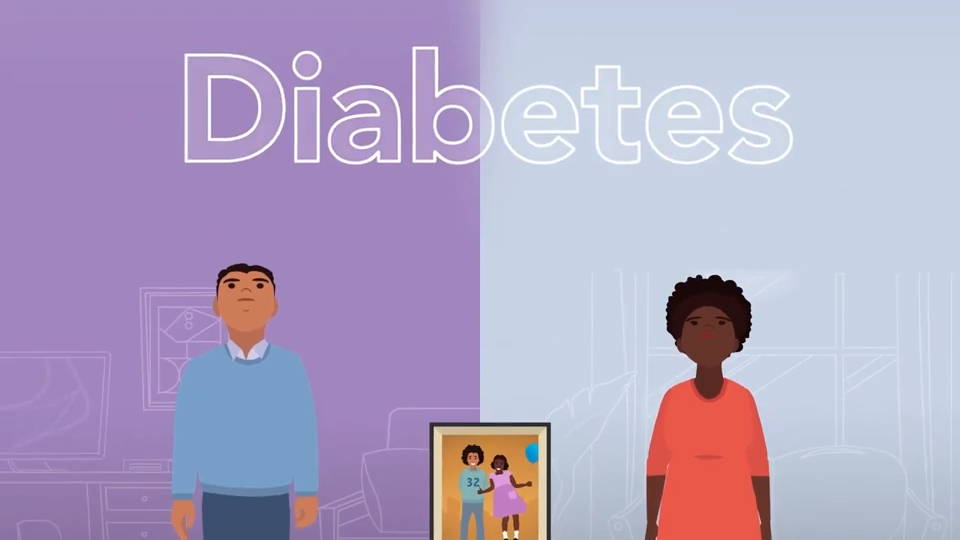
Type 2 Diabetes Prevention
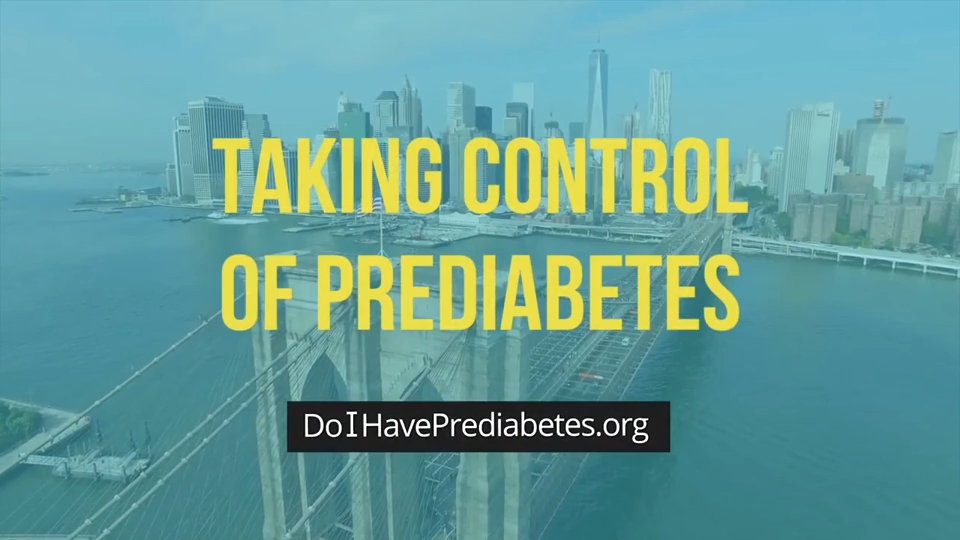


Mental Wellbeing Exhibit Hall


ADHD
Attention-deficit/hyperactivity disorder (ADHD) is one of the most common mental disorders affecting children. Symptoms of ADHD include inattention (not being able to keep focus), hyperactivity (excess movement that is not fitting to the setting) and impulsivity (hasty acts that occur in the moment without thought). ADHD is considered a chronic and debilitating disorder and is known to impact the individual in many aspects of their life including academic and professional achievements, interpersonal relationships, and daily functioning.
An estimated 8.4% of children and 2.5% of adults have ADHD. ADHD is often first identified in school-aged children when it leads to disruption in the classroom or problems with schoolwork. It is more commonly diagnosed among boys than girls given differences in how the symptoms present. However, this does not mean that boys are more likely to have ADHD. Boys tend to present with hyperactivity and other externalizing symptoms whereas girls tend to have inactivity. To learn more about ADHD, click here
Powell Benefit Resources
What is ADHD?
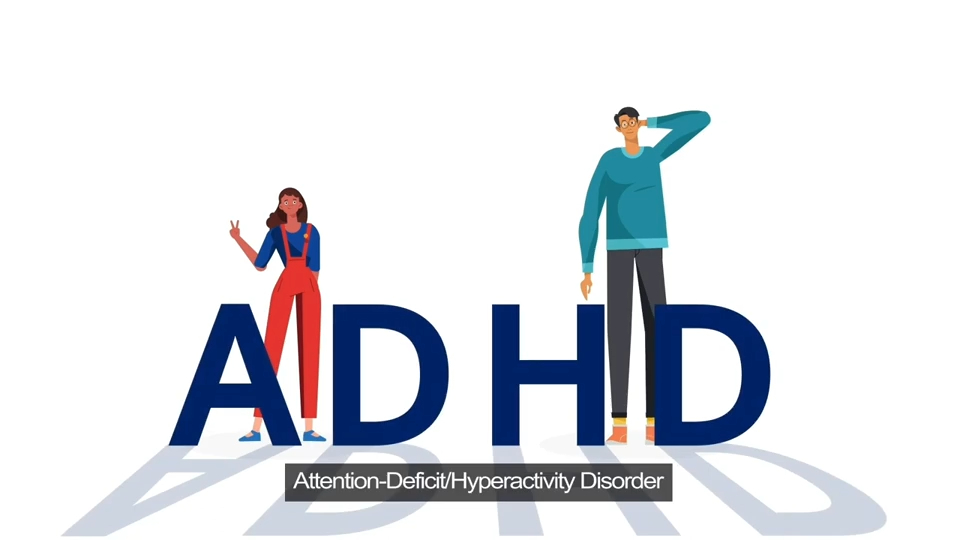


Anxiety
Anxiety is a normal reaction to stress and can be beneficial in some situations. It can alert us to dangers and help us prepare and pay attention.
Anxiety disorders differ from normal feelings of nervousness or anxiousness and involve excessive fear or anxiety. Anxiety disorders are the most common of mental disorders and affect nearly 30% of adults at some point in their lives. But anxiety disorders are treatable and a number of effective treatments are available. Treatment helps most people lead normal productive lives.
Powell Benefit Resources
What is Anxiety?
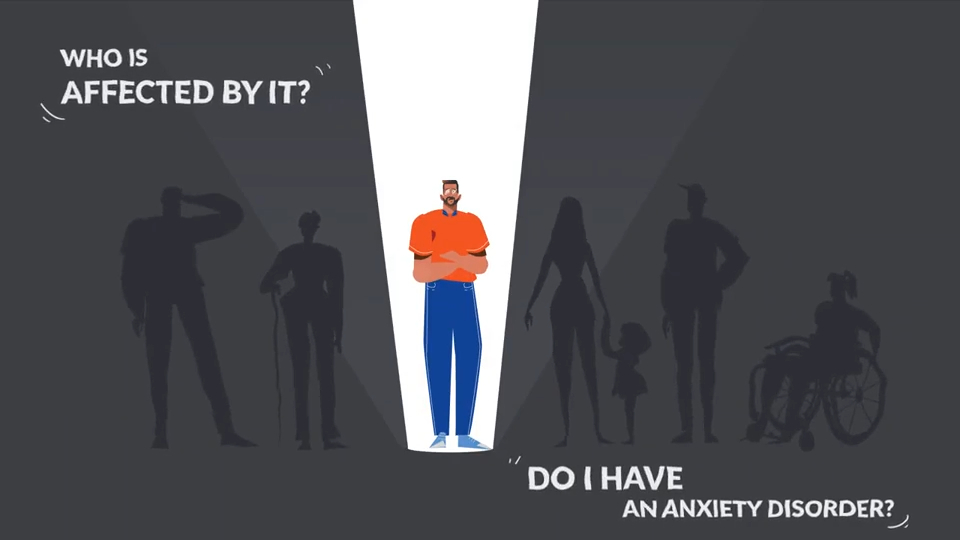


Depression
Depression (also known as major depression, major depressive disorder, or clinical depression) is a common but serious mood disorder. It causes severe symptoms that affect how a person feels, thinks, and handles daily activities, such as sleeping, eating, or working.
To be diagnosed with depression, the symptoms must be present for at least 2 weeks. For more information, click here.
Powell Benefit Resources
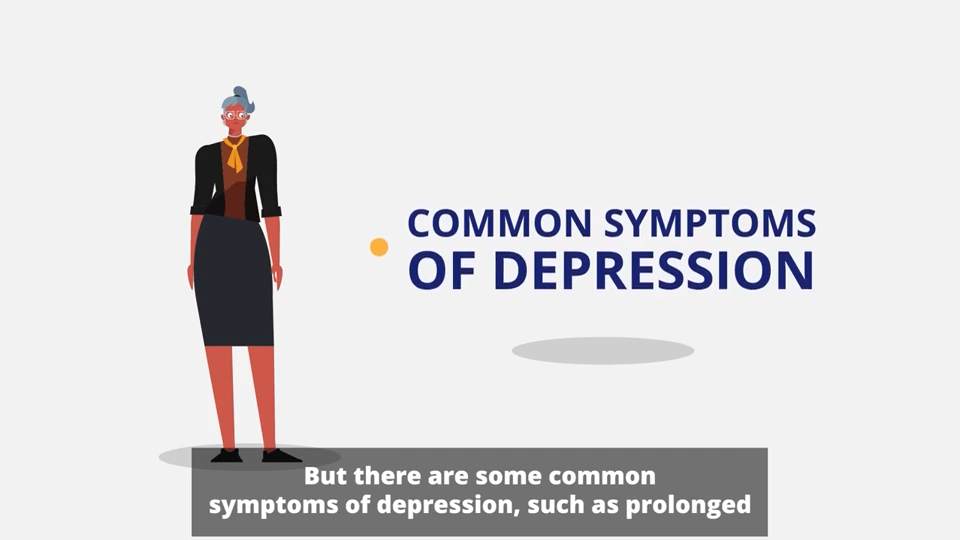


Eating Disorders
Eating disorders affect several million people at any given time, most often women between the ages of 12 and 35. There are several types of eating disorders. The most common are anorexia nervosa, bulimia nervosa, binge eating disorder, avoidant restrictive food intake disorder (ARFID) and other specified feeding and eating disorder (OSFED).
Powell Benefit Resources
What are Eating Disorders?



Family & Caregivers
When a friend or family member develops a mental health condition, it's important to know that you're not alone. Family members and caregivers often play a large role in helping and supporting the millions of people in the U.S. who experience mental health conditions each year. Many family members and caregivers experience the same thoughts and questions you might be having now.
Powell Benefit Resources
Mental Health Tips for Caregivers



Grief & Loss
Grief is the anguish experienced after significant loss, usually the death of a beloved person. Grief often includes physiological distress, separation anxiety, confusion, yearning, obsessive dwelling on the past, and apprehension about the future. Intense grief can become life-threatening through disruption of the immune system, self-neglect, and suicidal thoughts. Grief may also take the form of regret for something lost, remorse for something done, or sorrow for a mishap to oneself.
Adapted from the APA Dictionary of Psychology
Powell Benefit Resources
How to Deal With Loss or Grief of Love Ones

5 Things About Grief No One Really Tells You
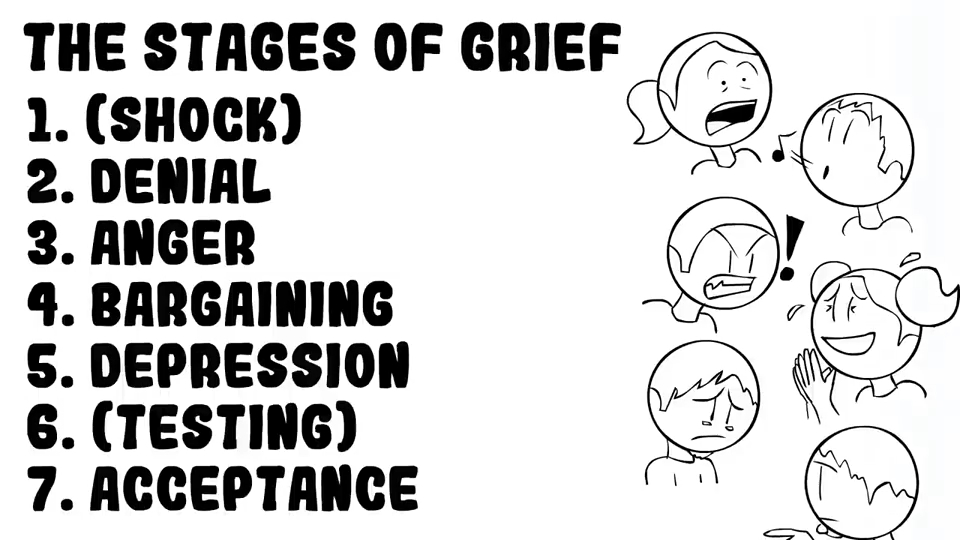


Substance Abuse
Substance use disorder (SUD) is a treatable mental disorder that affects a person's brain and behavior, leading to their inability to control their use of substances like alcohol, tobacco, or illegal drugs. Symptoms can be moderate to severe, with addiction being the most severe form of SUD.
Powell Benefit Resources
What is addiction?
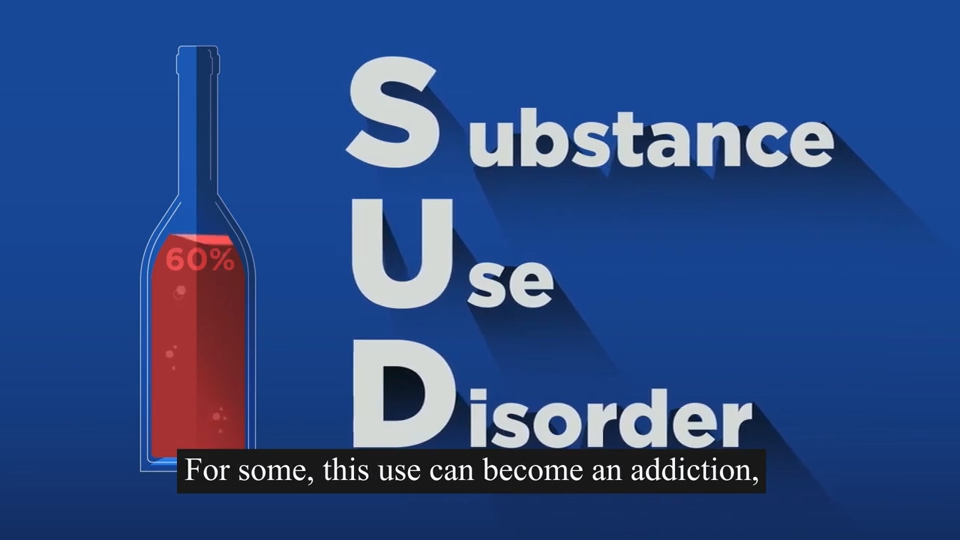
Substance Use Disorders
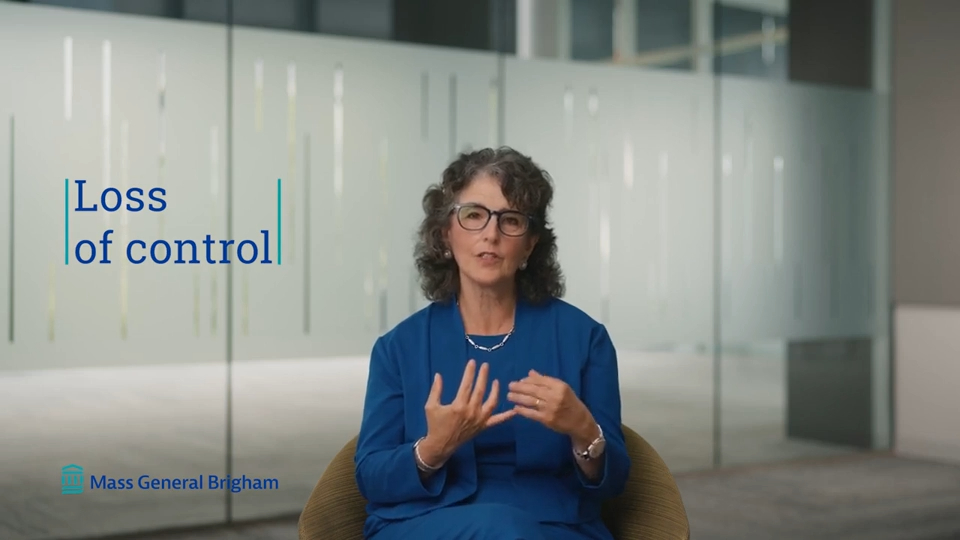


Suicide
Thoughts of suicide or suicidal behaviors are an emergency. If you or someone you know is struggling or in crisis, help is available. Call or text 988 or chat 988lifeline.org to reach the 988 Suicide & Crisis Lifeline.
Powell Benefit Resources
10 Common Warning Signs Of A Mental Health Condition
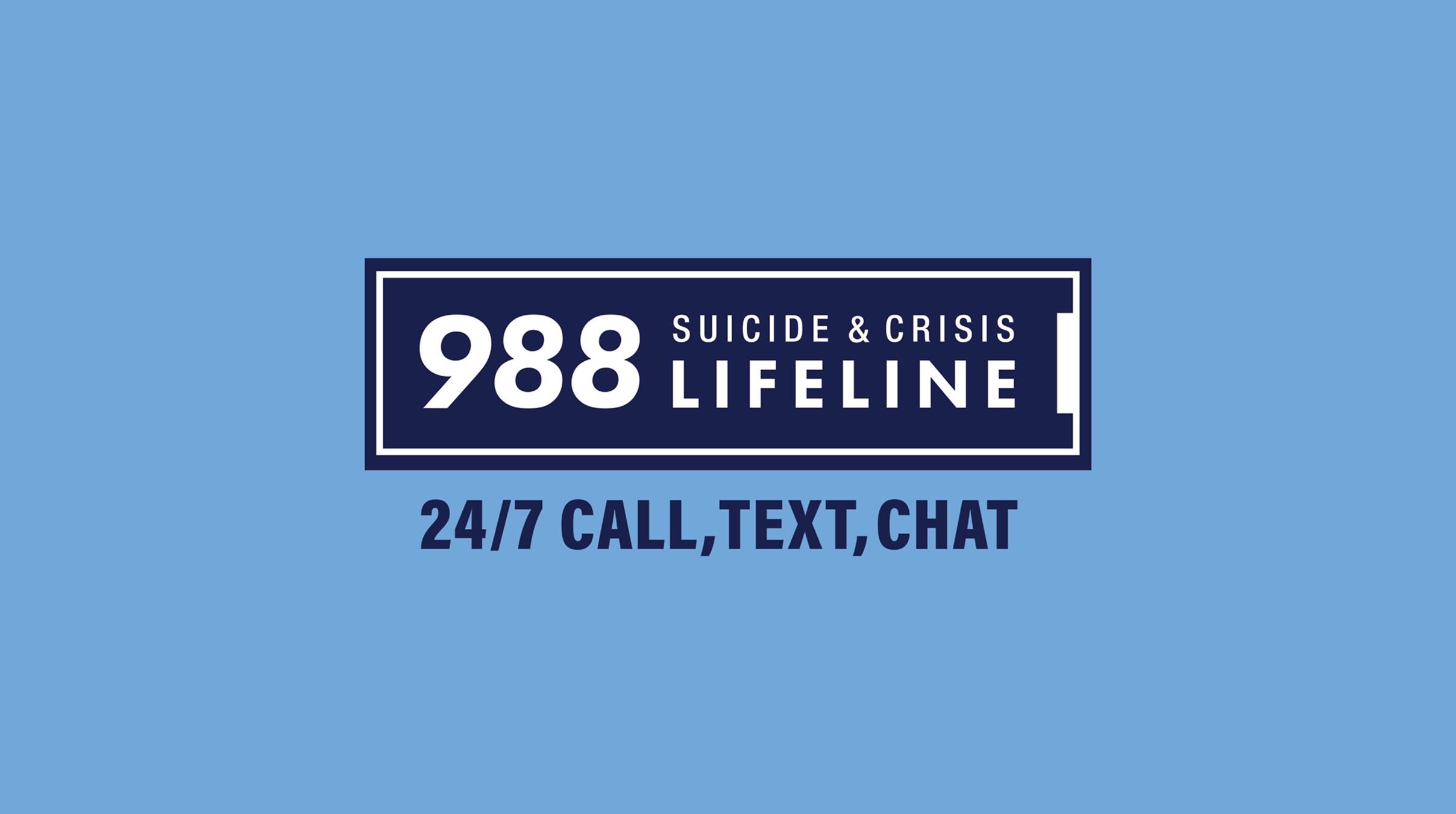


Financial Fitness Exhibit Hall


The Basics of Social Security


Maximize Social Security in Your Retirement Strategy
- Learn how Social Security fits into your retirement paycheck
- Identify Social Security claiming strategies
- Learn to create your retirement income plan
Claiming Your Social Security Benefits



Retirement Planning Hub
Planning for retirement can be overwhelming. Watch Fidelity's 8 short video playlist and learn more about how to prepare for retirement.
- Protecting What Matters Most
- Get the Most from Social Security
- How To Get Ready for Medicare
- Covering Healthcare Before 65
- Retirement Planning Steps
- Preparing Finances for Retirement
- Maximize Your Retirement Income
- How much to Save for Retirement


Prepare for the Reality of Health Care in Retirement


Make the Most of your Retirement Savings


Retirement Income Planning for Her


Basics of Medicare & Medigap
- Review of the 4-types of Medicare Programs
- Medicare Enrollment Rules
- What is Medigap?
Medicare Basics:
Parts A, B, C &D
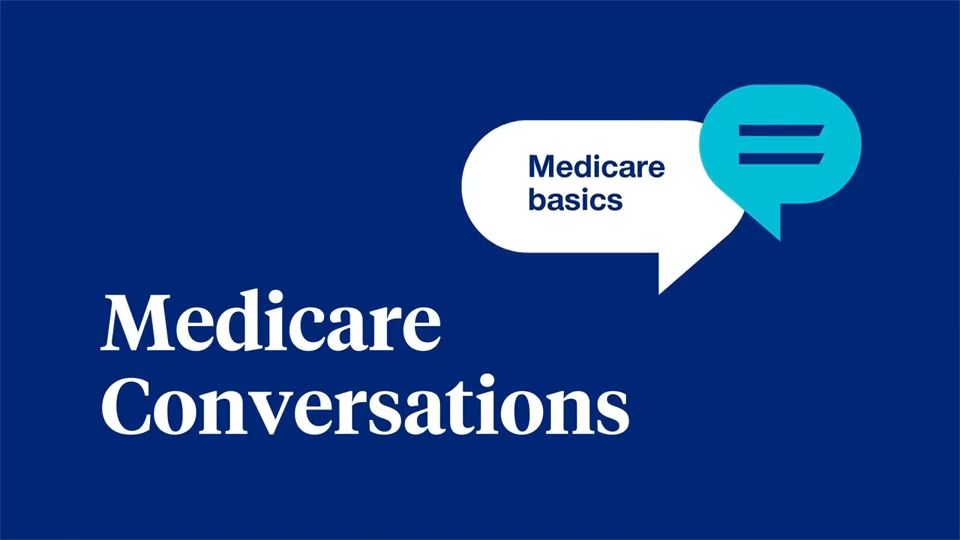
Medigap Basics
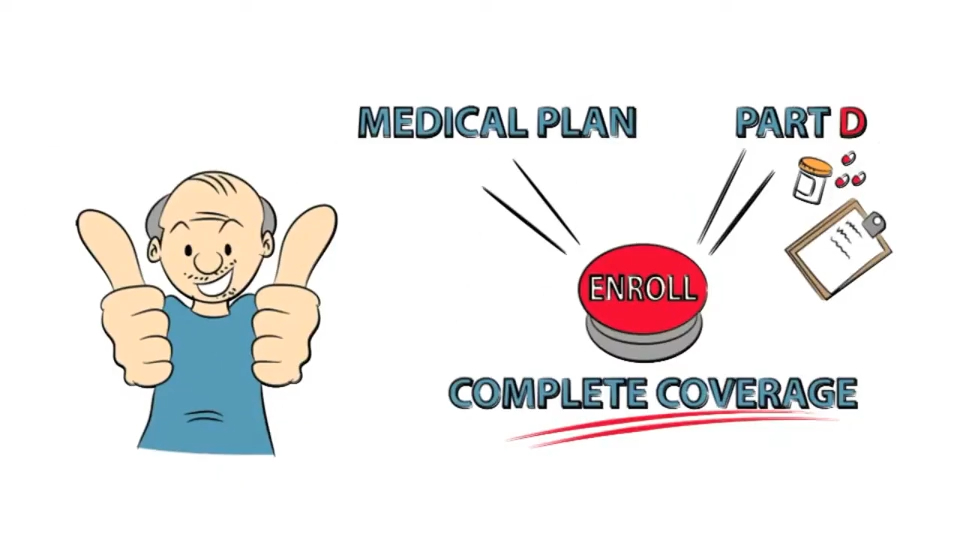


Foundations of Investing
Learn about investing principles by watching Fidelity's 10-video playlist. The videos are concise and easy to understand. Topics include:
- Understanding Risk Tolerance
- When to Sell Stocks and Other Investments
- Why is it so important to Diversity your investments?
- Good Debt vs. Bad Debit
- What is Market Volatility?
- How to Start Saving Money
- What should I invest in?
- Credit card vs. Debit Card
- How the Fed affects your money
- Sending Money with Your Phone


Navigating Market Volatility
- Consider if you should change your investments
- Understand how to pull money out of the market and the effects of moving to cash
- Learn why to consider saving more in a workplace savings plan
Market Volatility & Retirement Savings



Turn Your Savings Into Retirement Income


Estate Planning
- Understand estate planning – wills, probates, and
powers of attorney
- Learn what’s taxable and how assets can
be distributed
- Learn about the types of trusts
- Explore the importance of a living will and health
care proxy
- Review beneficiary designations, gifting, and
insurance replacement strategies
Powell Benefit Resources
How to Get Started with Estate Planning



Personalized Planning & Advice


Budgeting & Debt Management
- Identify the three core components of a sound budget, using the 50-15-5 saving and spending guideline
- How to Pay Off Debt
- Budgeting for your Golden Years
- 401(k) Loans: What to know Before Borrowing
Fidelity:
How to Pay Off Debt

Financial Readiness:
Utilizing The 50/15/5 Plan



Families & 529 College Savings Plan
- What Are 529 Savings Plans
- What Are 529 Prepaid Tuition Plans
- How Do You Choose a 529 Plan That's Best for You
- 529 FAQs
- The Financial Impact of Caregiving
What is a 529 Plan?

Make the Most Out Of Your 529 Savings


















